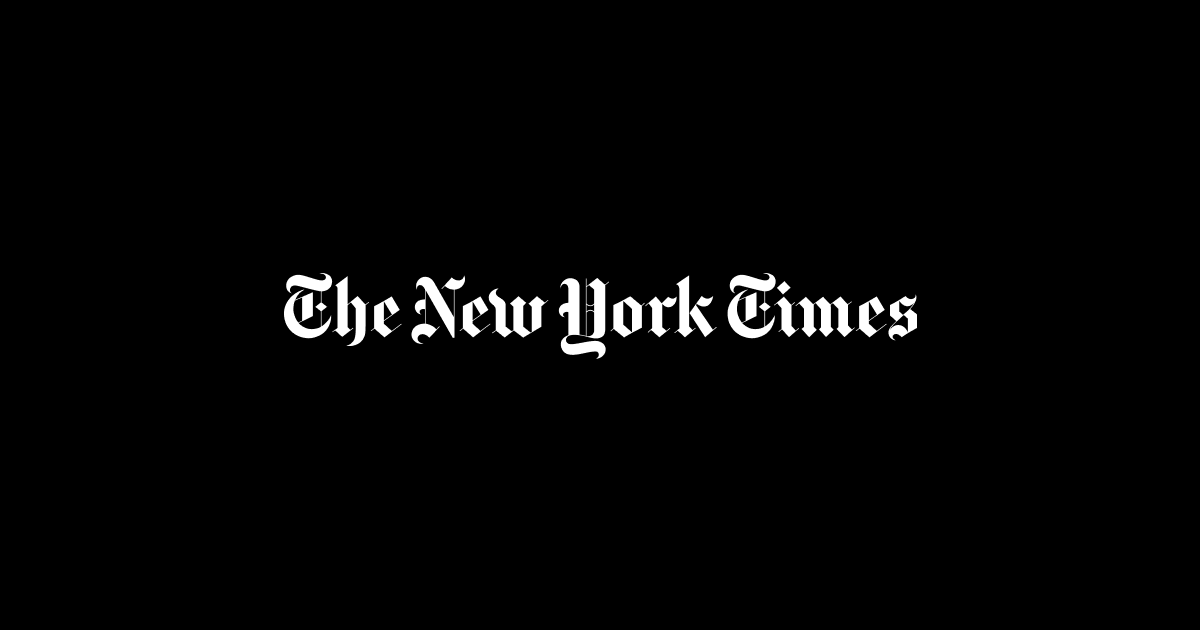As Starbucks faces a mounting wave of employee unrest, the new CEO abruptly changes the way the coffee chain distributes its profits among employees and shareholders.
In a letter Monday to employees, customers, investors and others titled “About the Future of Starbucks,” Howard Schultz announced that the company would immediately suspend its share buybacks. It was his first act on his first day back in the top position, which he held twice before.
Mr. Schultz said stopping buybacks would allow Starbucks “to invest more profits in our people and our stores — the only way to create long-term value for all stakeholders.” When a company uses its funds to buy back its own shares and retire, the share price often rises, rewarding investors and executives who typically hold large amounts of stock.
During Mr. Schultz’s last stint as chief executive, between 2008 and 2016, Starbucks spent more than $6 billion on buybacks. Last month, Starbucks announced that he would return as chief executive on an interim basis, replacing Kevin Johnson, who took him over in 2017. Mr. Schultz helped transform the Seattle company into a global powerhouse.
Now Starbucks is under pressure from a growing effort to unify its stores, which it has resisted, as workers push for better pay, hours and benefits. Since late last year, a handful of stores have voted to join a union, the first in the company’s history. More than 100 locations in more than 25 states, of its nearly 9,000-owned stores nationwide, are planning to hold elections.
Starbucks spent $10 billion on buybacks in 2019, but shut down at the start of the pandemic. It recently resumed practice, spending $3.5 billion on buybacks in its most recent quarter, which ended early January. In October, Starbucks said it would spend $20 billion in repurchases and dividends over the next three years. That program has now been shelved under Mr. Schultz, less than six months after it was announced.
Labor proponents and others have criticized share buybacks to redirect funds that can be reinvested in a company’s operations, used to hire employees or to cover higher wages and greater benefits. Last week, in his annual budget proposal, President Biden called for a special tax on buybacks and a ban on private selling of stock by executives for three years after a buyback.
Companies in the S&P 500 bought back a record $882 billion last year, and Goldman Sachs analysts predict that buybacks will exceed $1 trillion by 2022.
While Starbucks has posted robust sales and earnings growth during the pandemic, its shares are down more than 20 percent this year. “Our company, like many other companies, is facing new realities in a changed world,” Schultz said in the letter Monday, citing “suppressed supply chains, the decimation caused by Covid, heightened tensions and political unrest, a racial reckoning and an emerging generation seeking new responsibilities for business.”
Mr. Schultz said in his letter that he planned to travel to stores and factories looking for “ideas on how to build this next Starbucks.” In September, he visited store managers in Buffalo, where the first company-owned store would vote to unionize a few months later. He told them that the company had let them down by not helping them solve operational problems in their stores, and that he was not against unions, but “pro-Starbucks,” The New York Times previously reported.
Starbucks isn’t the only corporate giant facing growing pressures to unionize. On Friday, workers at an Amazon warehouse on Staten Island voted to form a union, the company’s first in the United States.

